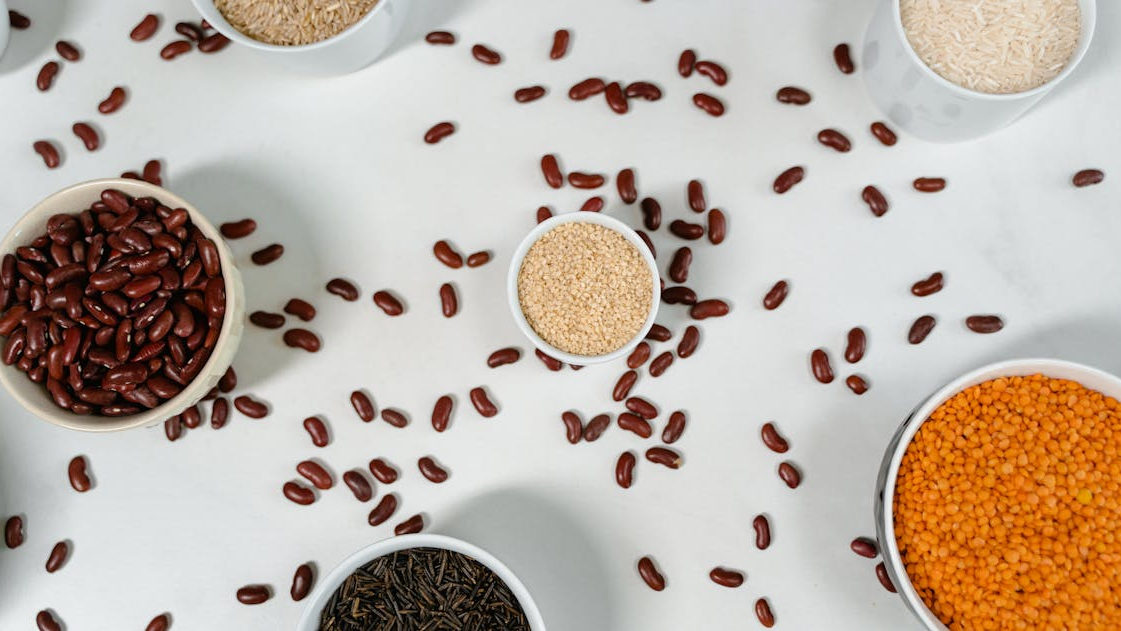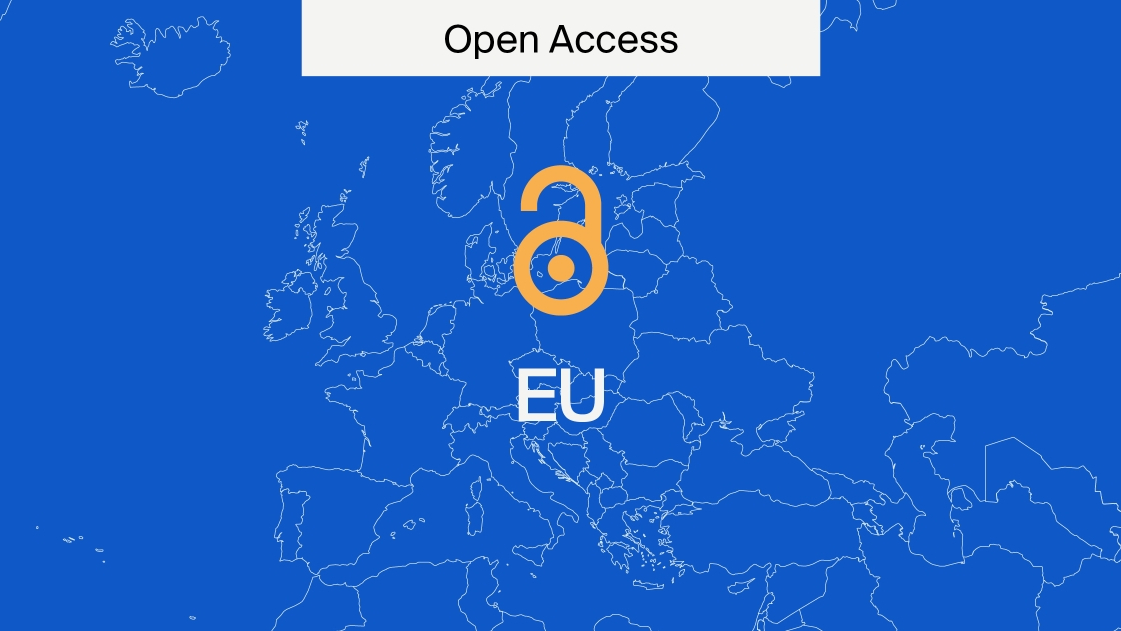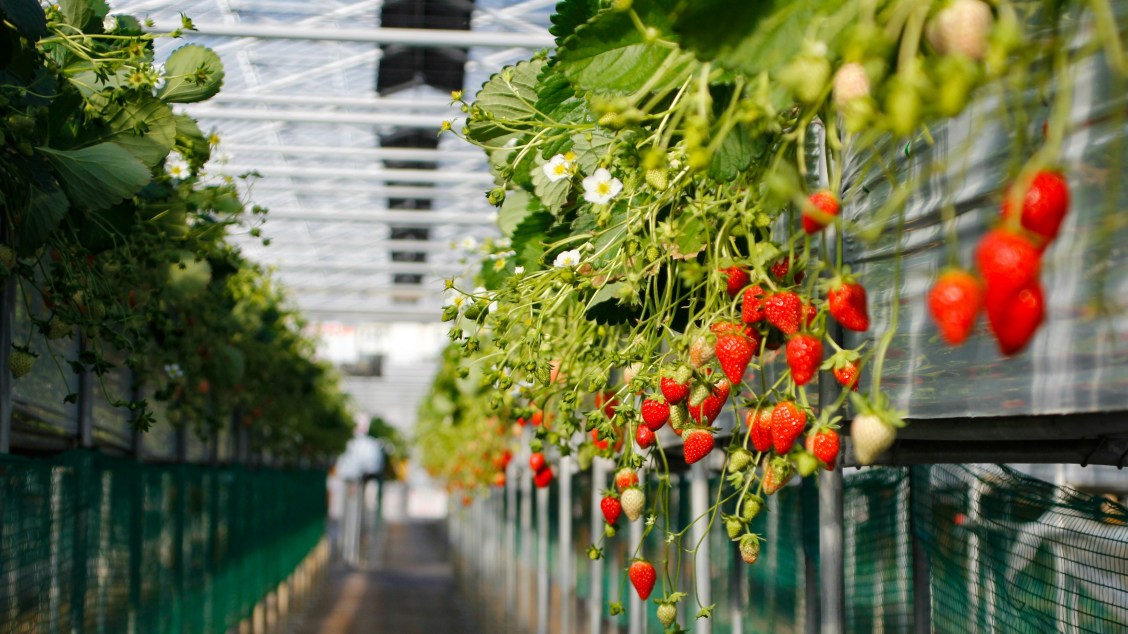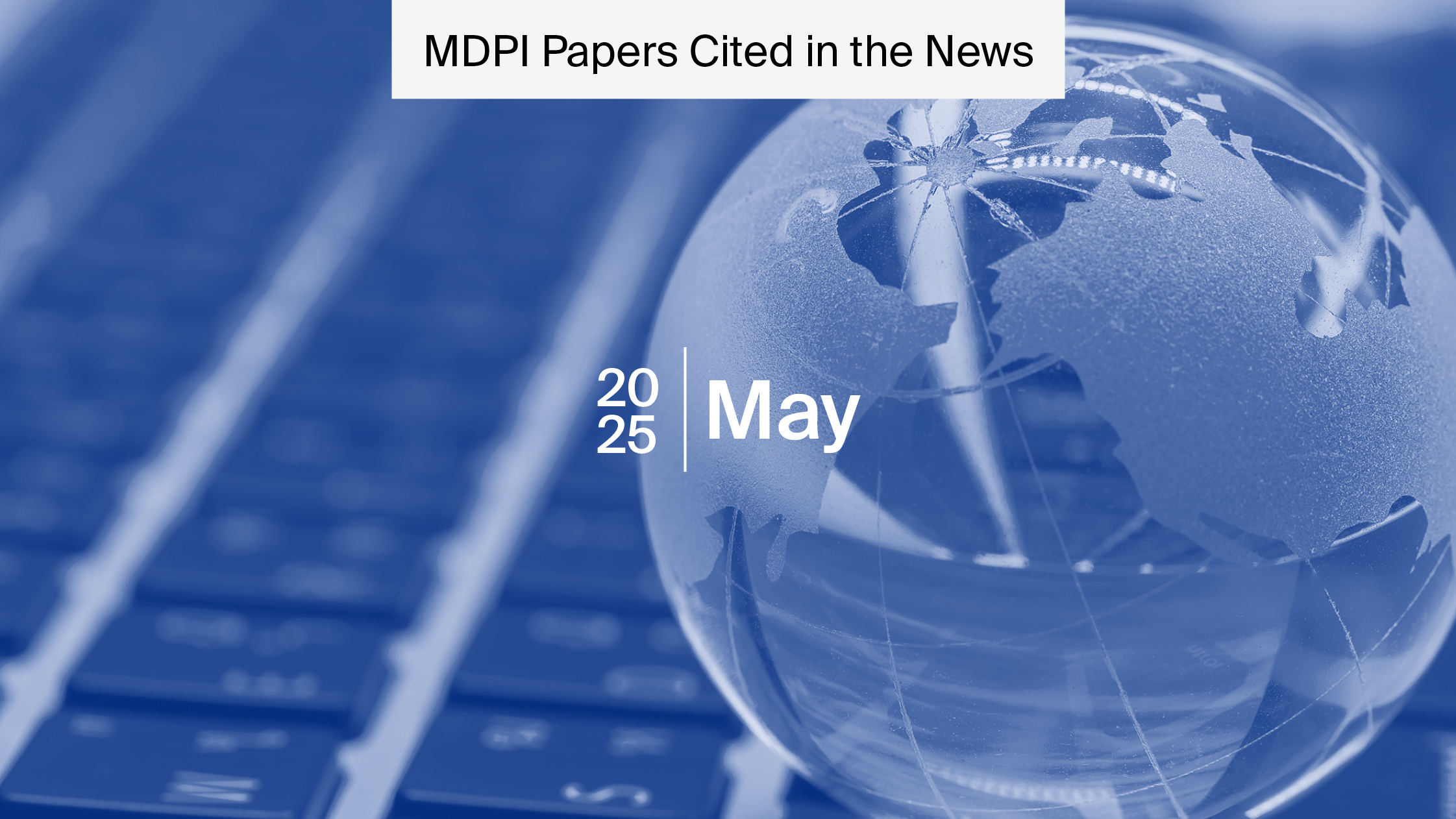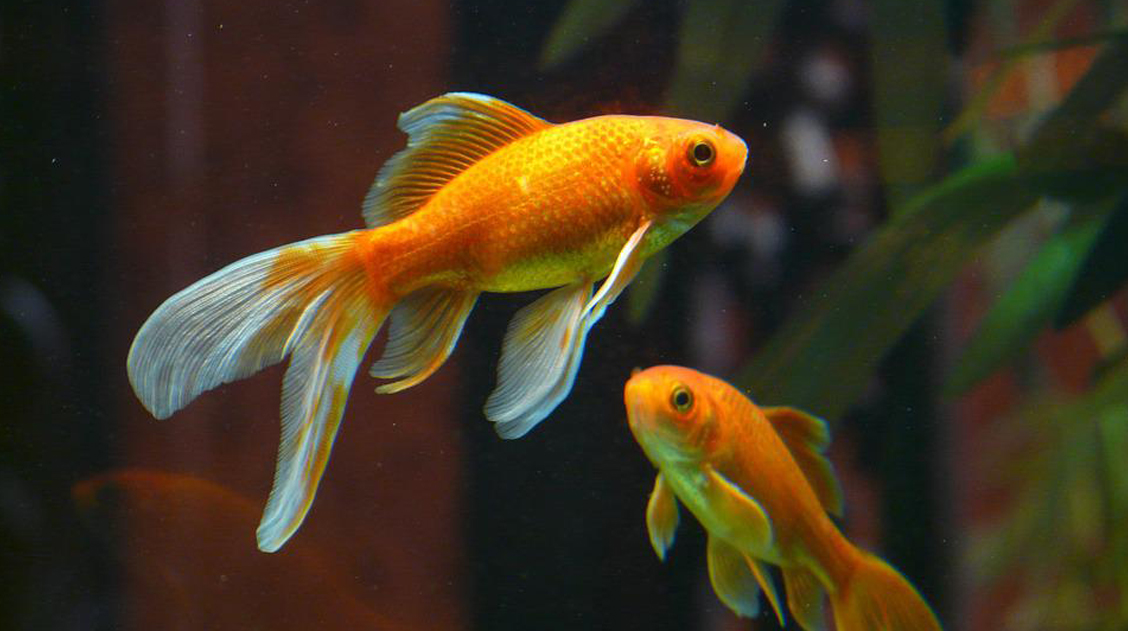
Contamination by Heavy Metals — A Hard Problem to Solve
Food chain contamination is a major topic of discussion across many scientific disciplines. Contamination of water sources by heavy metals is a serious concern in fishing industries. Researchers from the Korea Maritime and Ocean University in Korea have discovered that maintaining water hardness can reduce zinc accumulation in goldfish, as described in a recently published paper in Antioxidants, an MDPI journal.
What Are Heavy Metals and Why Are They So Dangerous?
The term “heavy metals” is used to describe metals with an atomic density greater than 4 g/cm3. These include metals such as copper, lead, iron and zinc. Often, these heavy metals enter ecosystems as industrial by-products or chemical fertilizers. Oxidative stress in fish leads to metabolic, physiological and cellular damage, even causing cell death. The dangers posed by heavy metal contamination aren’t limited to the fish and wildlife living in the aquatic habitat either. The impurities impact people too. Eating fish intoxicated with heavy metals can have fatal consequences for the human body.
Heavy metals also accumulate in plants, by absorption from the soil. This adds another source of contaminants to our diet, leading to biomagnification. Biomagnification describes the increase in toxic substance concentration as we travel up the food chain. The further up the chain, the stronger the concentration of heavy metals. The body removes heavy metals at a rate slower than the rate of accumulation, leading to an increase in heavy metal concentration. The more contaminated food we eat, the more heavy metals we accumulate.
But what makes them so dangerous? Heavy metals are harmful as they prevent key cellular processes from occurring. They bind to enzyme active sites and create new enzyme–metal complexes, which make the enzyme malfunction. If the cell isn’t working as expected, the body will start the process of cell death.
Water Hardness Could Be The Answer
In an ideal world, we would be able to control the release of heavy metals, yet there is another approach. Maintaining water hardness can inhibit absorption in fish. The concentration of specific positive ions, such as calcium and magnesium, can increase water hardness. This was discovered by Dr. Cheol Young Choi and colleagues from Korea Maritime and Ocean University, Busan.
Dr. Choi’s team assessed the degree of oxidative stress in the Carassius auratus species of goldfish, by observing key antioxidant markers. Over a period of 14 days, they observed the oxidative stress progression of goldfish in different water hardnesses, adjusted by adding calcium carbonate.
The results showed there was a noticeable difference in zinc accumulation and toxicity within fish living in different water hardness conditions. Fish exposed to the highest zinc concentrations showed the most oxidative stress; however, the extent was significantly lower in fish which were in the hard or very hard water.
The study proves that the harder the water, the lower the zinc accumulation, and thus, the lower the oxidative stress and cell death occurring in the specimen. “Bioaccumulated heavy metals are hazardous—not only to fish, but also to humans who later consume these fish. Our study proposes an eco-friendly solution to this problem. Hopefully this will pave the way for further research exploring the contribution of other water quality parameters, like temperature and pH, in reducing heavy metal accumulation in aquatic organisms.”, concludes Dr. Choi
To read more about newsworthy articles published in MDPI’s journals, check out our recent post titled “MDPI Papers Cited in the News – April 2022”

